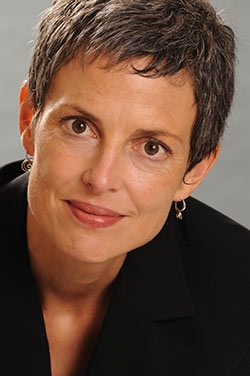
The Presidential Steering Committee for Moving Dartmouth Forward, formed by President Phil Hanlon ’77 to make recommendations for combating the root causes of extreme behavior, is making a push to gather ideas from students who are just beginning their summer term.
The chair of the committee, Professor of English Barbara Will, will hold open office hours from 2:30 to 4:30 p.m. on Tuesday, June 24, in Sanborn 215, to hear ideas about how Dartmouth should address sexual assault, high-risk drinking, and lack of inclusivity.
The committee, called by President Hanlon in May, is charged with gathering ideas from students, faculty, and alumni, and then assessing and synthesizing those ideas into a plan of action to present to Hanlon and senior staff in October.
“We’re still in the discovery phase and are actively seeking feedback, especially from students who just arrived on campus,” Will says. “We will soon be transitioning toward our deliberation and expert-consultation phase, so we are eager to encourage anyone who has not been in touch, to give us their ideas.”
Read More‘Moving Dartmouth Forward’ Committee Gathers IdeasWill sent a letter to the faculty this week asking that they take a moment at the beginning of classes to encourage students to contribute ideas to the committee on combating extreme behavior.President Hanlon Calls for End to High-Risk, Harmful Behavior
Since work began in May, there have been more than 1,000 submissions from alumni, faculty, students and staff. Broad participation from current Dartmouth students is key to the work, she says.
“This process is sure to impact the lives of students substantially,” Will says. “The success of these recommendations will depend in large part on student involvement.”